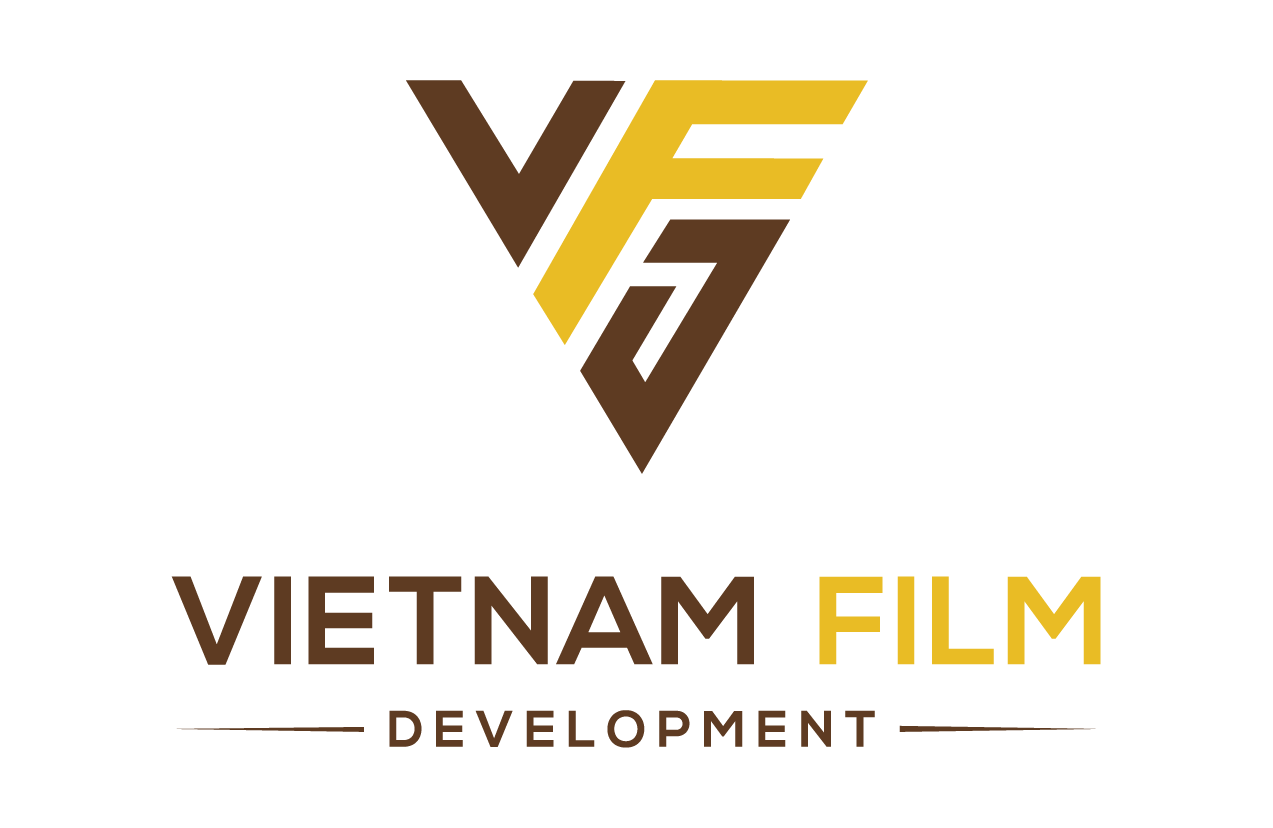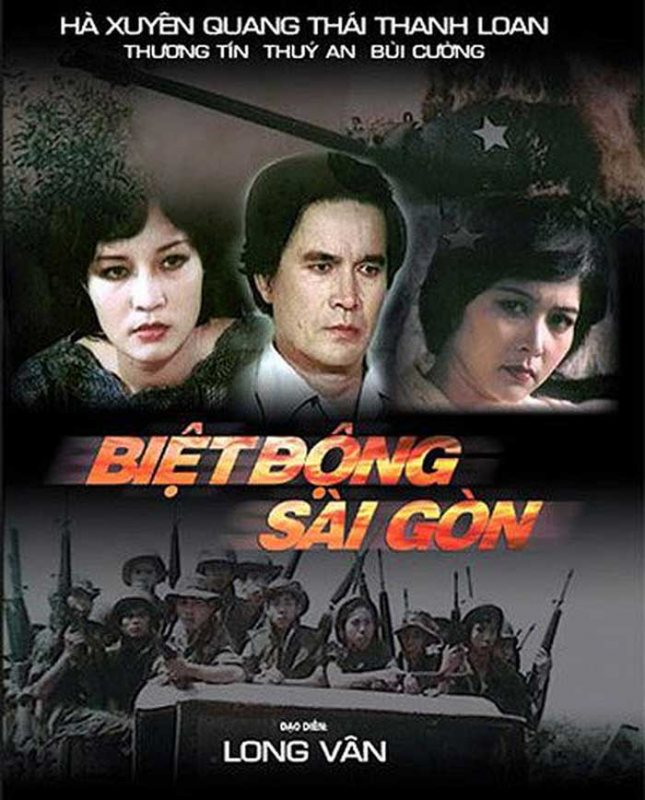Saigon Rangers (Part 4: Give Me back My Name)
Synopsis
Saigon Rangers (Biệt động Sài Gòn) presents a gripping narrative of intelligence operations in the heart of Saigon during the tumultuous 1960s. At the center of the story is Tư Chung, known as the “Chief of Intelligence,” commander of the Saigon Rangers unit, operating under the codename F8. Alongside him is Ngọc Mai, codename Z20, who works closely with him while posing as his wife. Together, they manage the Đông Á Paint Company - a strategic front that brings them into daily contact with high-ranking officers of the South Vietnamese police and military forces. To maintain the secrecy and effectiveness of the intelligence network, Huyền Trang, another key agent, lives undercover as a Buddhist nun in a local temple, concealing the team's operations from enemy surveillance. Beyond the core members of the intelligence unit, other courageous operatives such as Sáu Tâm, Năm Hòa, and Ngọc Lan carry out dangerous missions in urban Saigon, all contributing to the preparations for the historic 1968 Tết Offensive.
Director's biography
Director Long Vân (1936–2023) was born in Hanoi and later followed his family into the resistance movement in Thái Nguyên province. At the age of 14, he was sent to study in China alongside notable scholars such as Professor Nguyễn Lân Dũng and Professor Hồ Ngọc Đại. After the liberation of Hanoi in 1954, he graduated from a pedagogical institution and worked at the Ministry of Education. His name became closely associated with the film Saigon Rangers (Biệt động Sài Gòn), the first color film of Vietnam’s revolutionary cinema, released in 1985. He later directed other notable works such as Giải phóng Sài Gòn, Tiếng gọi phía trước, Cho cả ngày mai, Nơi gặp gỡ của tình yêu, and Những người không mang họ.



